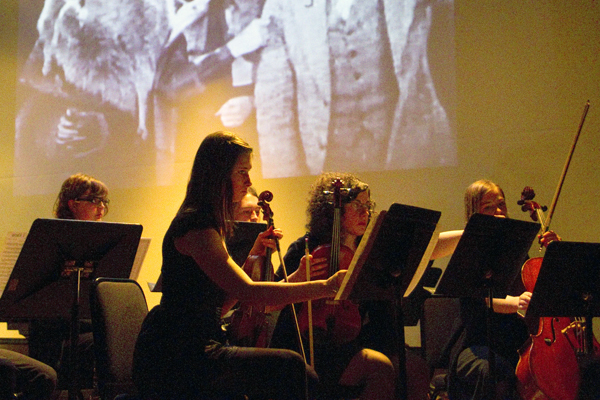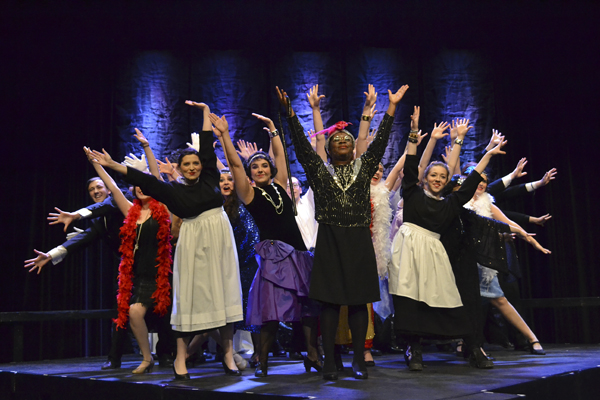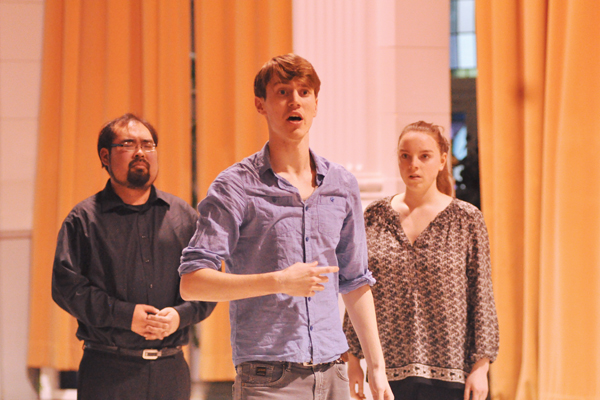U of O Opera Company’s production impresses audiences with magic and comedy
Although attending a German opera may not seem like an ideal night on campus to all, The University of Ottawa Opera Company’s production of Wolfgang Amadeus Mozart’s The Magic Flute was filled with enough magical and comedic flare to keep audiences captivated from start to finish.
The U of O Opera Company’s production, which was presented by the school of music, opened on March 3 and took place at Huguette Labelle Hall in Tabaret Hall. The opera tackles the theme of achieving true love in the midst of trials and tribulations, with elements of the sublime and supernatural. It tells the story of Prince Tamino and the royal bird catcher Papageno who, in their quest to rescue Princess Pamina from the evil clutches of Sarastro, are met with multiple tests.
The Magic Flute was directed by Sarah Graham, a renowned mezzo-soprano who has performed in companies around the world and teaches vocal music at the U of O. The opera was conducted by Alain Trudel, music director of L’Orchestre Symphonique de Laval and former CBC Radio orchestra conductor, who has conducted major orchestras internationally, from Sweden to Japan.
You may ask how one could manage to make an 18th century Germanic opera seem funny to a 21st century audience. The answer lies in the witty English dialogue spoken alongside the German vocals, coupled with the cast’s incredible ability to evoke humour in their singing.
The first scene began with a chorus by the Three Ladies, the Queen of the Night’s attendants, helping Prince Tamino, giving the audience their first taste of the fantastic vocals and humour.
The central comedic relief found in the opera is the character Papageno, played by Kevin Burke on March 3 and 5, and Adam Kuiack March 4 and 6, both students at the U of O’s school of music.
While the chemistry between the Prince Tamino and Princess Pamina is undeniable, the true power couple is Tamino and Papageno as the actors are perfect counterparts to each other’s personalities, with Tamino often being the voice of reason to Papageno’s hedonistic behaviour.
The concert band’s flawless rendition of the musical score worked in harmony with the cast as they demonstrated the impeccable range of the various themes of the story, smoothly transitioning from humour to tragedy.
Audiences were also made to feel engaged and involved with the production as the choreography takes the cast to all corners of the room, keeping the crowd on their toes for what just might happen next.
The U of O’s production of The Magic Flute was made unique through its costume design that featured Egyptian elements, which strangely yet satisfyingly worked as a pleasing aesthetic for the German opera. The U of O took a classic and made it their own, while honouring the original in a way that left audiences in awe and laughing out of their seats.





